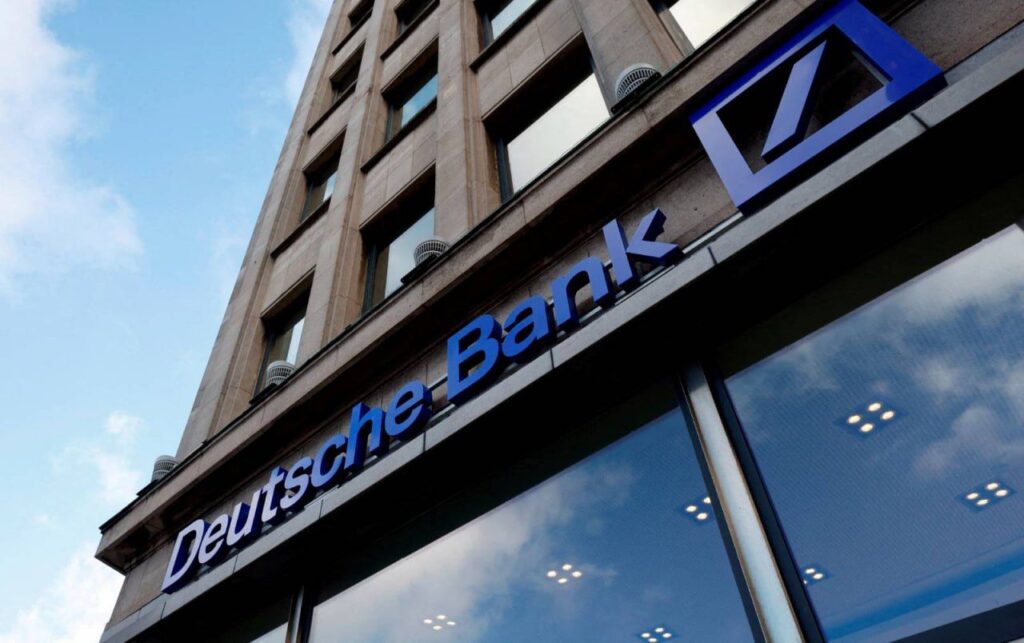
|
Getting your Trinity Audio player ready...
|
Germany’s largest bank, Deutsche Bank, is making a bold move into blockchain, launching its own Ethereum-based Layer 2 (L2) solution. But there’s a catch—this blockchain isn’t just about efficiency and innovation. It’s designed to give authorities expanded oversight powers.
This raises a critical question: Is this a step toward decentralization, or is blockchain being used as a tool for tighter control?
Banks on Blockchain: A Double-Edged Sword
On the surface, major financial institutions embracing blockchain could be a win for the industry. Their involvement brings legitimacy, adoption, and infrastructure development, potentially pushing blockchain technology into the mainstream.
However, the deeper concern lies in how these institutions implement blockchain. Traditional banks operate on a centralized model, built around regulatory compliance, control, and surveillance. If their blockchain solutions follow the same path, are they truly decentralizing finance, or are they just reshaping control under a new name?
The Oversight Dilemma
Decentralization is at the heart of blockchain technology, aiming to eliminate the need for intermediaries, prevent censorship, and give users financial freedom. But Deutsche Bank’s move—like many other corporate blockchain initiatives—suggests a different direction:
Regulatory-Friendly Blockchains: A blockchain controlled by a centralized entity with built-in oversight raises concerns about whether users will truly own their assets or remain under institutional scrutiny.
Censorship Risks: With expanded government oversight, transactions could be monitored, restricted, or even reversed—defeating one of the core principles of blockchain technology.
Privacy Trade-offs: Blockchain promises transparency, but when banks implement it, the question shifts: Who controls the transparency? If authorities have too much control, privacy could be compromised.

A Sign of the Future?
Deutsche Bank’s Ethereum L2 move is part of a larger trend. JP Morgan, HSBC, and other global financial giants are also exploring blockchain-based systems. While this could accelerate innovation, it also raises the possibility that the future of blockchain may be shaped more by institutions than by the decentralized communities that pioneered it.
The coming years will determine whether blockchain remains a tool for financial empowerment or becomes another mechanism of control. The key lies in how these systems are built, who controls them, and whether users have true autonomy over their assets.
Because at the end of the day, a blockchain with centralized control isn’t decentralization—it’s just the same system with better technology.
